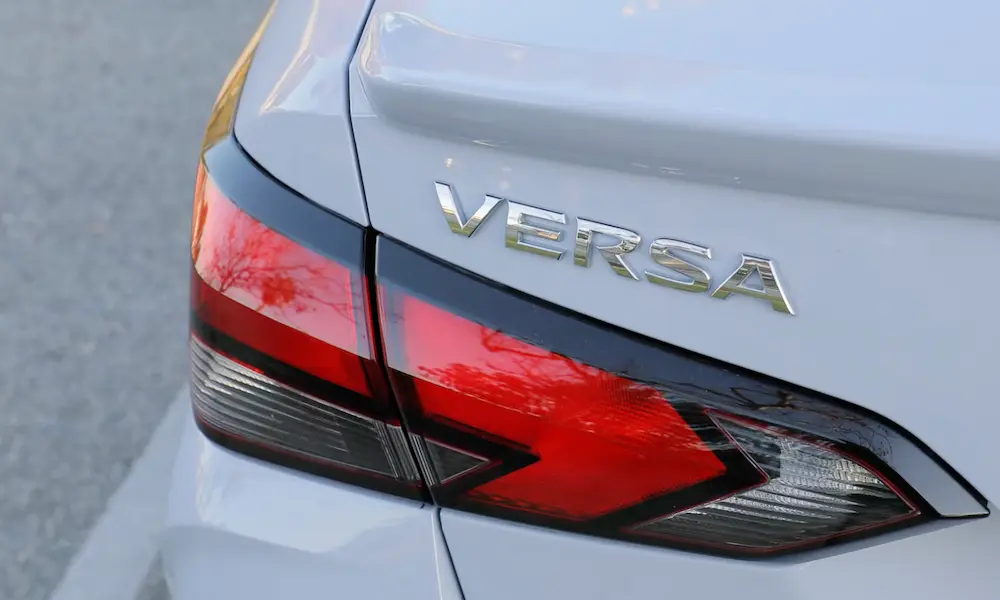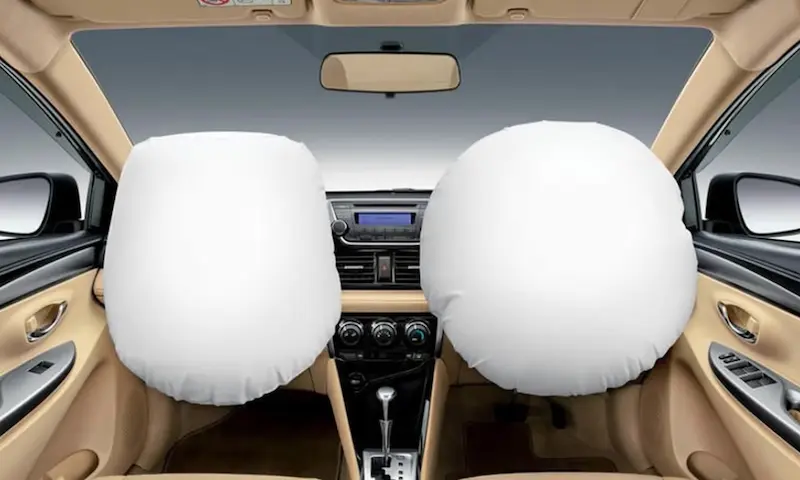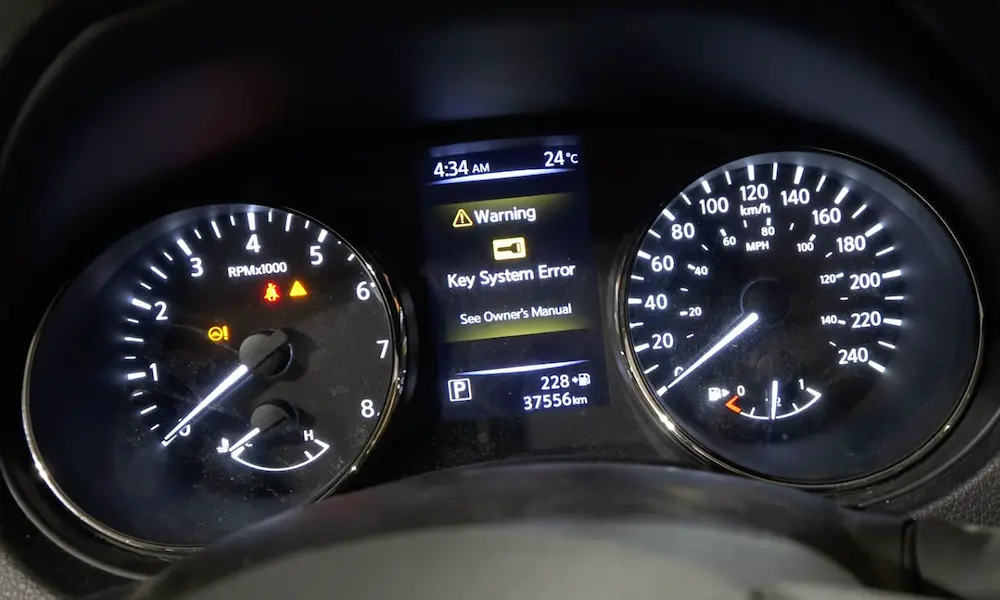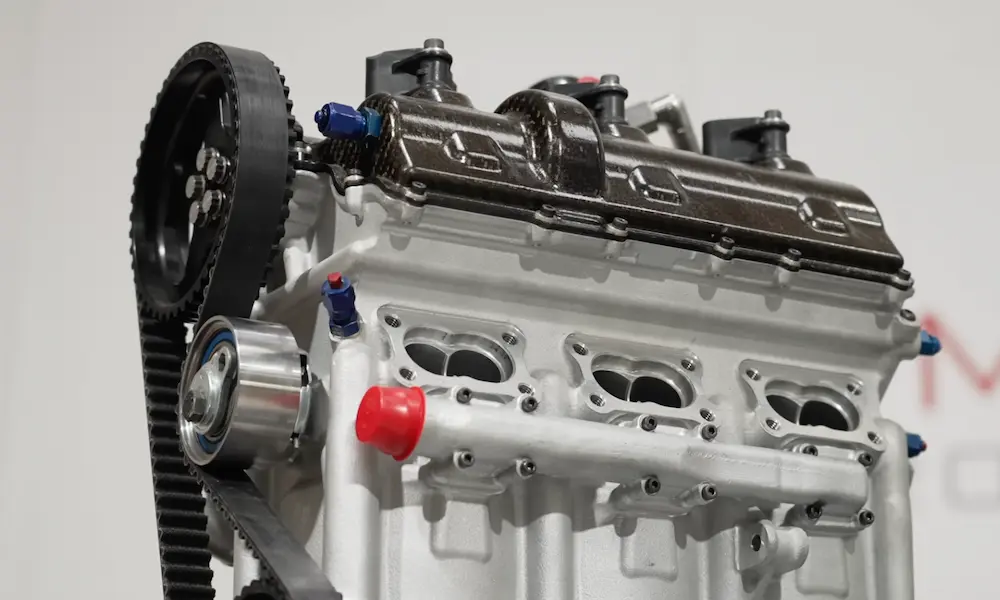Changing the fuel filter on your Nissan Altima can improve your car’s performance and keep your engine running smoothly. For most models, the fuel filter is located inside the fuel pump, which is in the gas tank. This can make maintenance a bit tricky, but understanding where it is can help you solve the problem more effectively. Keep reading to learn the steps and tips for a hassle-free replacement process.
Signs of a Clogged or Dirty Fuel Filter
A clogged or dirty fuel filter can cause several noticeable issues with your vehicle. These problems can affect your car’s performance, fuel efficiency, and ability to start properly.
Performance Issues and Stalling
When your fuel filter is clogged with dirt and impurities, it can restrict the fuel flow to your engine. This often leads to hesitation or stalling during acceleration. You might notice that your engine struggles or stutters when you hit the gas pedal. This is because the engine isn’t getting enough clean fuel to run smoothly.
In severe cases, the car might even stall completely. Frequent stalling is a clear sign that something is blocking the fuel, and a dirty fuel filter is a common cause.
Decreased Miles Per Gallon
A dirty fuel filter can also affect your car’s fuel efficiency. When the filter is clogged, the engine has to work harder to get the fuel it needs. This extra effort means your car uses more gas to travel the same distance. You may find yourself filling up at the pump more often than usual.
Keep an eye on your miles per gallon. If you notice a sudden drop, it could be due to a clogged fuel filter. Maintaining a clean fuel filter helps ensure that your car runs efficiently and doesn’t waste fuel.
Difficulty Starting the Engine
If your engine has trouble starting, it may be a sign of a clogged fuel filter. A blocked filter can prevent the right amount of fuel from reaching the engine. When you turn the key, the engine might crank but won’t start, or it could start and then die almost immediately.
This issue often happens because the engine isn’t getting adequate clean fuel to ignite properly. If you’re having starting problems frequently, check the fuel filter. Replacing a dirty filter can often resolve this issue.
Take care of your fuel filter to avoid these problems and keep your Nissan Altima running smoothly.
Locating the Fuel Filter on Different Nissan Altima Models
Finding the fuel filter in your Nissan Altima depends on the model year. Below, you’ll find specific details on where to look for the fuel filters in various Nissan Altima models, including 2005, 2006, and 2012 versions.
Fuel Filter Location in the 2005 Nissan Altima
In the 2005 Nissan Altima, the fuel filter is part of the fuel pump assembly. You can find it inside the gas tank.
To access it, you need to get to the top of the fuel pump. This means removing the rear seat or accessing a hatch under the car. Knowing this can save you a lot of time when replacing or inspecting the fuel filter.
Fuel Filter Location in the 2006 Nissan Altima 2.5 L
For the 2006 Nissan Altima with the 2.5 L engine, the fuel filter is in a similar spot.
Inside the fuel tank, it connects directly to the fuel pump. Like the 2005 model, you’ll need to access the tank, which usually involves removing parts inside the car. This placement isn’t uncommon for Nissan Altimas around this year.
Fuel Filter Location in the 2012 Nissan Altima
The 2012 Nissan Altima also has the fuel filter situated between the fuel tank and the engine.
Most times, this means the filter is inside the top of the fuel tank, linking to the fuel line. You might need to lift the rear seats or find an access panel to get to it. Proper maintenance here ensures smooth performance and better fuel efficiency.
By knowing where each model’s fuel filter is located, you can easily keep up with your Nissan Altima’s maintenance needs.
Troubleshooting Fuel Filter Issues
When dealing with fuel filter problems in your Nissan Altima, it’s crucial to focus on specific symptoms and potential causes. This guide will help you identify and tackle common issues like fuel burn problems and gas leaks.
Diagnosing Fuel Burn and Flow Problems
A malfunctioning fuel filter can disrupt the proper flow of fuel, leading to engine performance issues. The pleated, porous materials inside the filter catch sediments and contaminants, but over time, these can clog and restrict fuel flow.
Signs of a bad fuel filter include hard starting, reduced power, and stalling. If your car struggles to reach peak performance, the flow of fuel might be compromised. Sometimes, a whining noise from the fuel pump indicates it’s straining to push fuel through a clogged filter.
Regularly checking and replacing the filter can prevent these issues. Make sure the fuel filter is free of debris to maintain smooth and efficient fuel flow.
Identifying Gas Leaks and Electrical Issues
Identifying gas leaks in your Altima involves inspecting the fuel lines and connections to the filter. Leaks can be caused by cracks or loose connections, which compromise the flow of fuel and may pose safety risks.
Use your senses: the smell of gas and visible drips are clear indicators of leaks. Additionally, the control valve and electrical connections to the fuel pump should be intact. Malfunctioning electrical components can prevent the filter from working properly.
If you detect leaks or electrical problems, repairing or replacing the faulty components is necessary. Addressing these issues ensures your Altima operates safely and efficiently. Regular maintenance checks can help catch problems early, avoiding more significant damage or hazards down the line.
Replacing the Fuel Filter
Replacing the fuel filter in your Nissan Altima is a task you can do at home with the right tools and a bit of patience. It’s important to know the steps involved and the necessary tools and parts.
Steps to Replace a Nissan Altima Fuel Filter
- Locate the Fuel Filter:
Depending on the model and year, the fuel filter might be inside the fuel tank or along the fuel line. For example, in a 2005 Nissan Altima, it’s integrated into the fuel pump inside the tank. - Relieve Fuel System Pressure:
Before starting, relieve the fuel system pressure. You can do this by removing the fuel pump relay or fuse while the engine is running. Let the engine stall and then turn off the ignition. - Disconnect the Battery:
Disconnect the negative battery terminal to prevent any electrical mishaps while you work on the fuel system. - Remove the Old Fuel Filter:
If the fuel filter is in the fuel line, disconnect the fuel lines using special fuel line disconnect tools. If it’s in the tank, you’ll need to remove the access cover and fuel pump. For models like the 2009 Nissan Altima, the process can vary. - Install the New Fuel Filter:
Place the new filter in the same position and reconnect the fuel lines or reinstall the fuel pump assembly. Make sure all connections are tight and secure. - Reconnect Battery and Test:
Reconnect the battery and start the engine to check for leaks and ensure everything is running smoothly.
Tools and Parts Needed for Replacement
- New Fuel Filter:
Ensure you’ve got the correct filter for your Altima’s year and model. - Wrenches and Screwdrivers:
Basic hand tools like wrenches and screwdrivers will be needed for loosening and tightening bolts and screws. - Fuel Line Disconnect Tools:
These are required for disconnecting the fuel lines safely. - Safety Equipment:
Wear safety glasses and gloves to protect yourself from fuel spills. - Jack and Jack Stands:
If you need to lift the car to access the fuel filter, make sure you have a jack and jack stands to work safely.
Having the right tools and parts on hand will make the replacement process smoother and safer. Be sure to double-check everything before starting your work.
Common Questions About Nissan Altima’s Fuel Filter
Replacing the fuel filter in your Nissan Altima is important for maintaining the vehicle’s performance. Let’s dive into some common questions to help you understand more about it.
Optimal Replacement Intervals
The fuel filter in your Nissan Altima should be replaced roughly every 40,000 to 80,000 miles. This interval can vary depending on factors like the vehicle’s age, model, and where you buy your gas.
Signs that you may need to replace the filter include difficulty starting the engine, reduced power, and a rough idle.
Regular checks and timely replacements can avoid more significant damage to your engine.
Cost Considerations for Fuel Filter Replacement
Replacing your fuel filter in a Nissan Altima usually costs between $20 and $30 for the part itself. Labor costs can vary, typically around $50 to $100 depending on your location and the specific model year of your Altima.
For example, a fuel filter for the 2012 Nissan Altima can be found for about $21.49 at various auto parts retailers. It’s advised to shop around to find the best price or deals.
Keeping your fuel filter in good shape helps improve fuel efficiency and prolongs the lifespan of your engine. Proper maintenance can save you from more costly repairs in the future.












